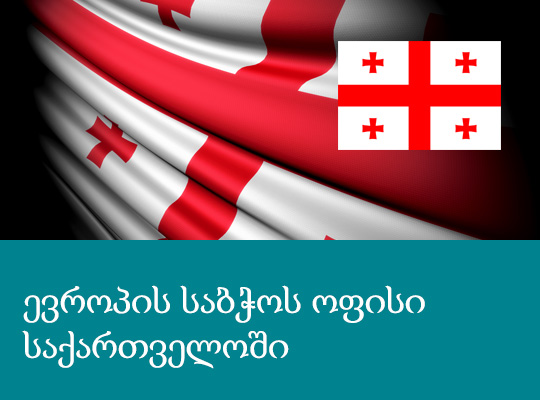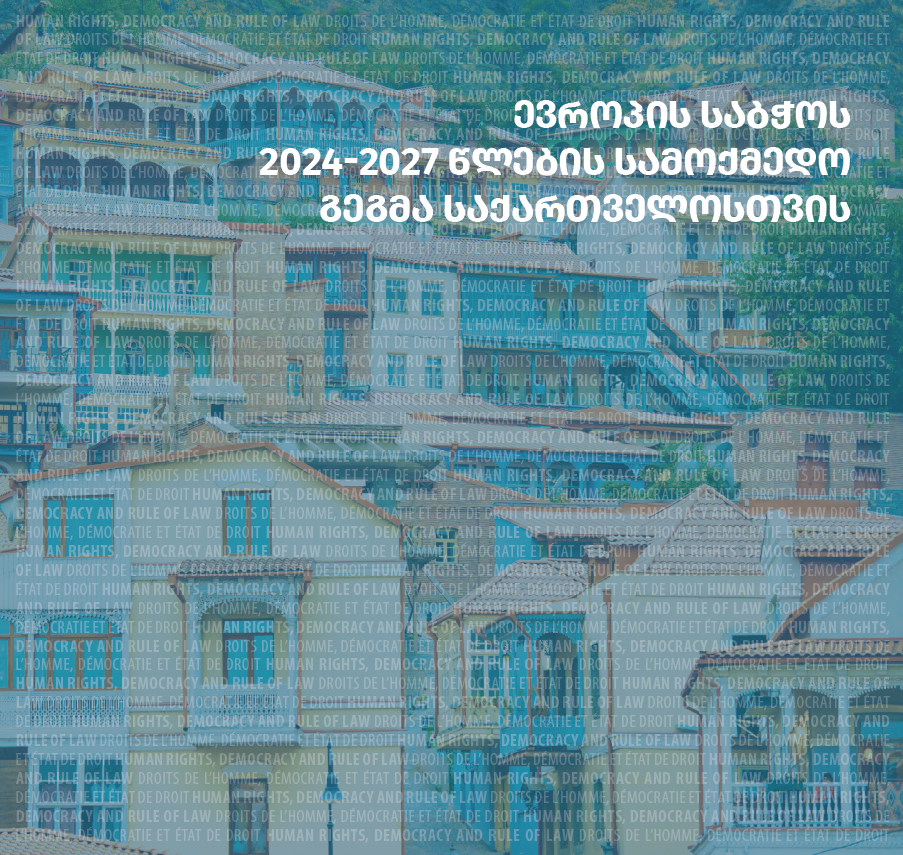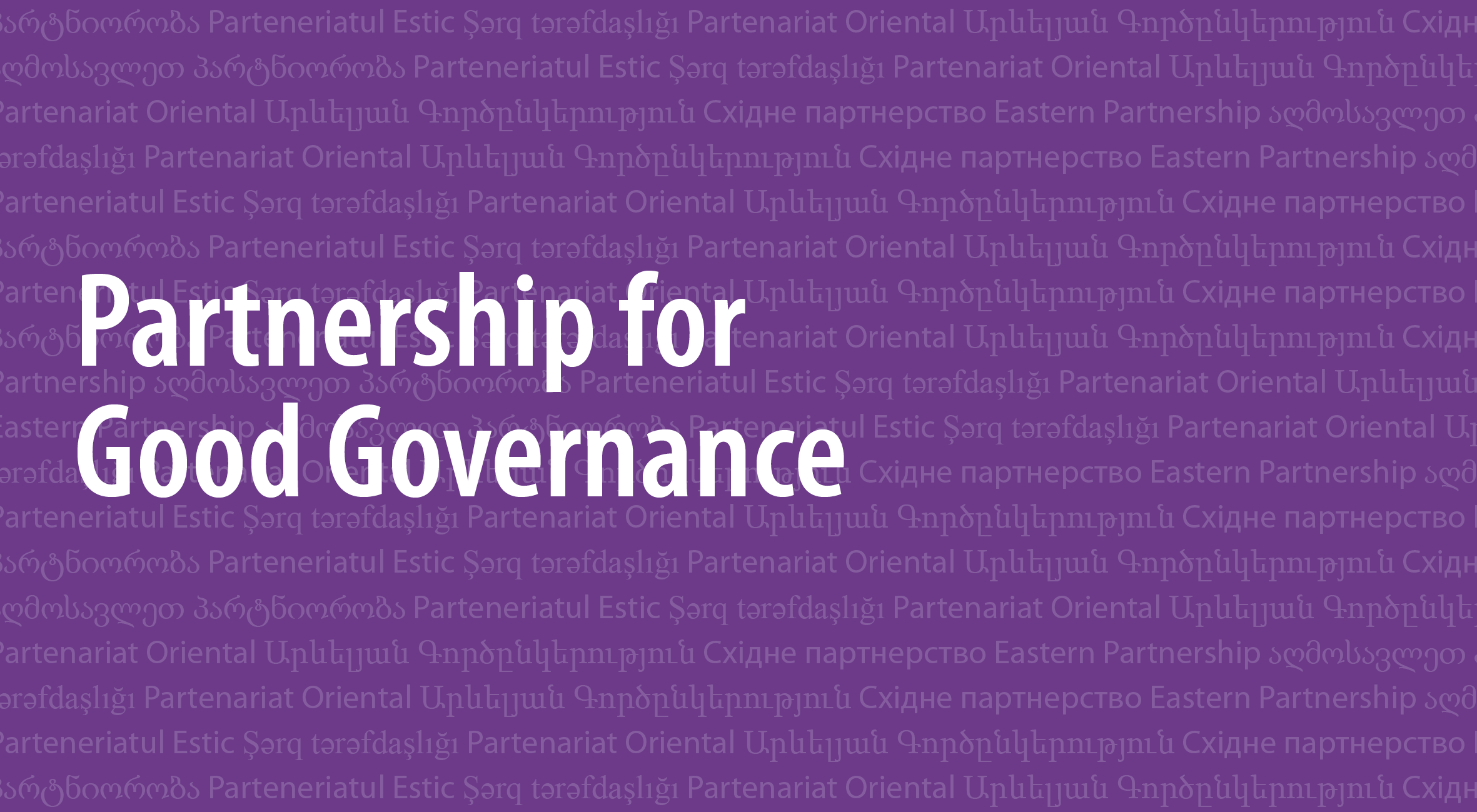Over the past three years, Georgia has strengthened its legislative framework for promotion of rights of national minorities and made visible efforts to promote diversity. However, more effective data collection is necessary, the efforts to promote use of minority languages in education and in relations with the administration are below the required standards, minority issues are politicized in Georgian society.
These are key findings of the new Opinion by the Council of Europe’s Advisory Committee on the Framework Convention for the Protection of National Minorities (FCNM) on Georgia that has been published today, together with the Georgian Government’s comments.
Georgian society is historically diverse due to its location at ethnic and religious crossroads, which makes it tolerant, on the one hand, but subject to the ups and downs of regional geopolitics, on the other hand. The society thus demonstrates much ambivalence: visible efforts are made by the State and civil society to promote diversity, but linguistic and minority issues are still politicised and regarded from security perspective, which results in the lack of trust in certain minorities.
The Council of Europe’s body has praised the strengthening of the legislative framework in promoting minority rights through the adoption of the Law on the Elimination of All Forms of Discrimination in 2014. Now, a national awareness campaign to inform general public about the legal remedies available under the anti-discrimination legislation should be launched, and the mandate of the Public Defender reinforced, the report recommends. Notably, the submission of information following the Defender’s requests should be made obligatory and the time for the Defender to apply to a court on discrimination cases should be extended from three months to one year, and he/she should be able to deal with complaints related to administrative proceedings.
There is a very limited volume of data available on ethnic, religious and linguistic minorities in Georgia. Developing mechanisms for more effective collection of disaggregated data should be a primary step in further developing inclusive policies. The next population census planned for 2023 would offer a clear opportunity to do so.
Religious minorities are confronted with structural discrimination in access to funding and places of worship, the report stresses. Restitution and construction permit procedures are neither sufficiently transparent nor based on clear and objective legal criteria. The Committee recommends ensuring that persons belonging to national minorities can freely establish religious organisations and associations; and that such persons have adequate access to places of worship. The process of restitution of property to religious communities should be carried out effectively, and decisions on building and allocation of news places of worship taken in a transparent and non-discriminatory manner.
The Advisory Committee expressed its deep concern about the cases of proselytism (inducing children to convert to another faith) and religious intolerance in public schools, including physical retaliation against students, the selling of religious items by teachers within the school premises and forced collective prayers. A more dedicated disciplinary policy is necessary on the part of the Ministry of Education to ensure that the provisions of the Law on General Education in Georgia on neutrality and non-discrimination are effectively implemented.
The authorities continue to vigorously promote the use of Georgian language in all areas of public life. However, the efforts to promote the use of minority languages in relations with administration and teaching or/in those languages are below the required standards, despite positive examples, such as the successful implementation of the “1+4” programme enabling students with minority background to access higher education. Immediate action should be taken to adapt the content of teaching materials, so they help create the climate of tolerance; to address the lack of textbooks which remains a significant obstacle in minority languages teaching, and to ensure high-level professional development of teachers.
Hate speech, particularly online, has been on the rise in Georgia, according to the representatives of the concerned minorities. While welcoming the work done by the authorities to collect the data on hate crime, to train prosecutors and investigators, the Council of Europe’s Committee calls on the authorities to step up their efforts to more efficiently prosecute and sanction such crimes.







